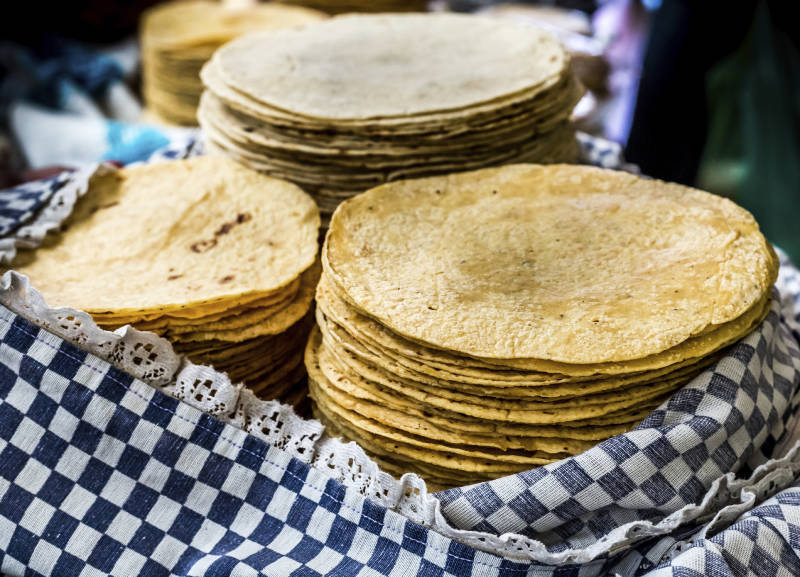It's been almost 20 years since the Food and Drug Administration (FDA) required that folic acid, a B vitamin that can prevent a serious birth defect when taken by pregnant women, be added to certain enriched grains like breads and pasta. In the decade after, the rate of these neural tube defects plummeted and is estimated to have prevented 10,000 cases in a decade.
But corn masa was not included in the FDA's recommendation back in the '90s, and since then the Hispanic population of the U.S. has grown dramatically. Now a quarter of all babies are born to Hispanic mothers, and they have a much higher risk of neural tube defects than their white counterparts.
On Thursday, the FDA announced that folic acid may be added to corn masa flour, a staple for many Hispanic families, with a goal of reducing the risk of neural tube defects.
Advocacy groups, including the March of Dimes, have been lobbying the FDA for years to make the recommendation. They applauded the move.
In a statement, March of Dimes president Dr. Jennifer Howse called the announcement a "major victory for maternal and child health, especially in our Hispanic communities."
